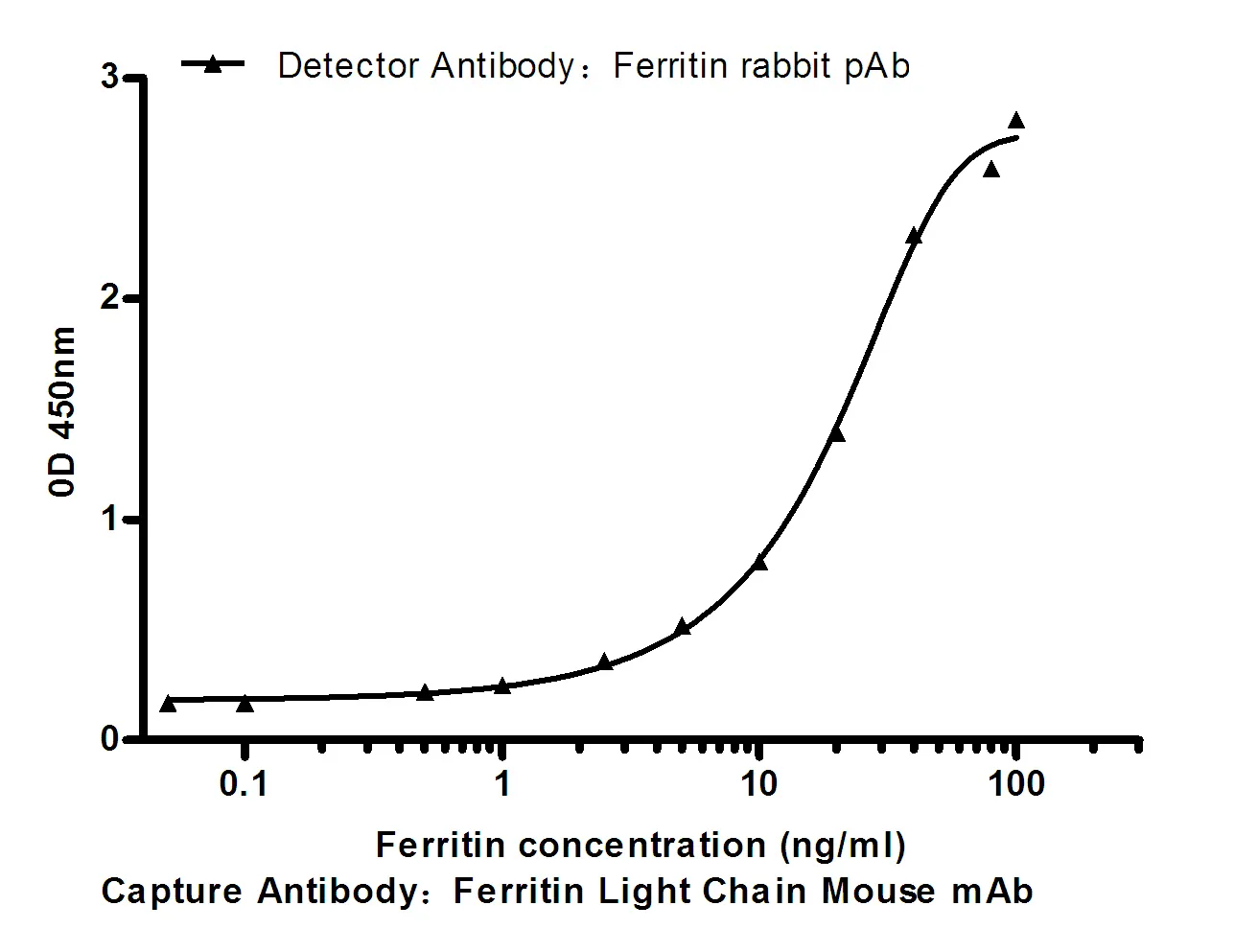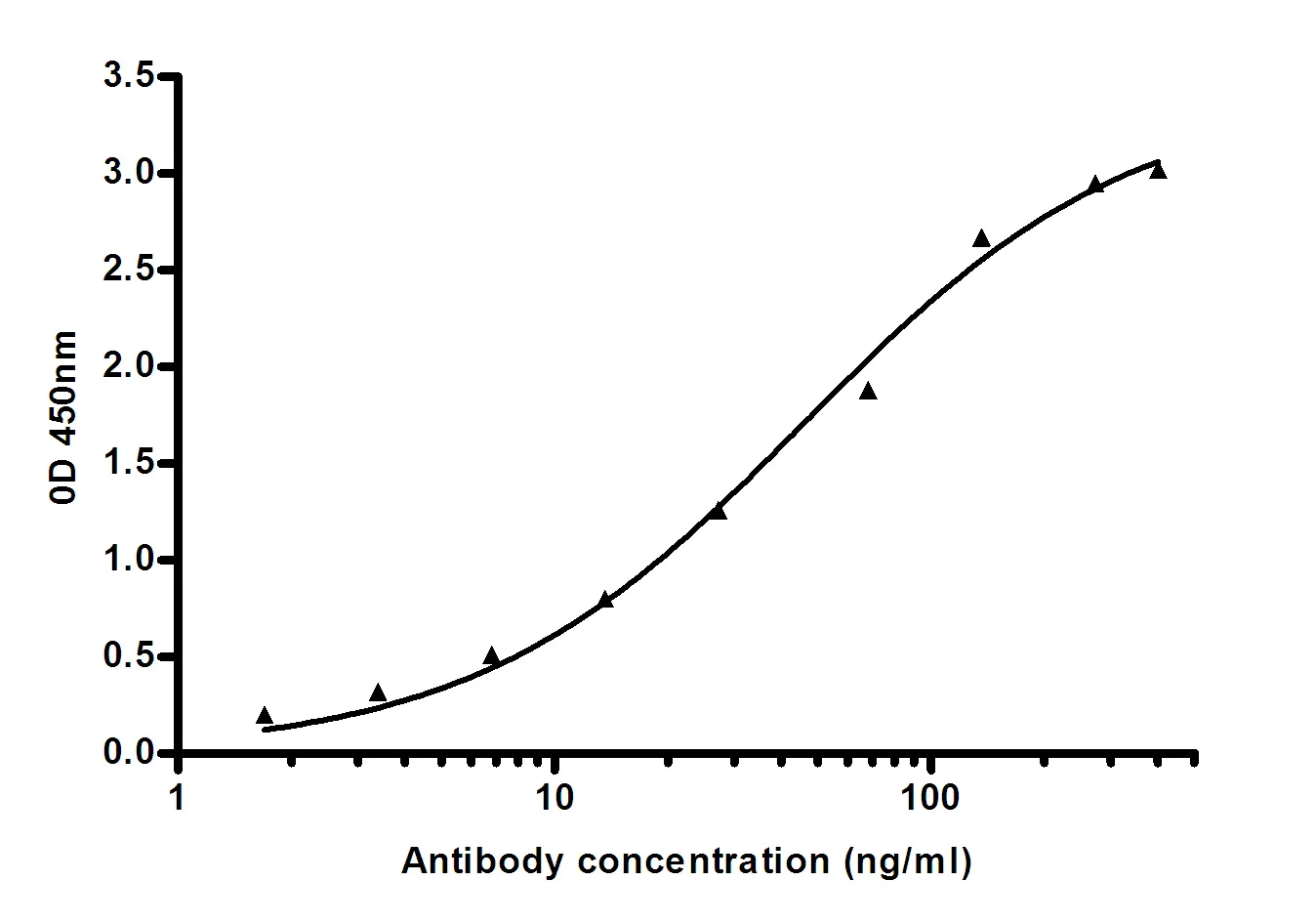Summary
Performance
Immunogen
Application
Background
This gene is a homeobox-containing gene expressed during development. The expressed protein contains two conserved domains, a C-peptide (or aristaless domain) and the prd-like class homeobox domain. It is a member of the group-II aristaless-related protein family whose members are expressed primarily in the central and/or peripheral nervous system. This gene is thought to be involved in CNS development. Expansion of a polyalanine tract and other mutations in this gene cause X-linked mental retardation and epilepsy. [provided by RefSeq, Jul 2016],disease:Defects in ARX are a cause of Partington syndrome (PRTS) [MIM:309510]; also known as X-linked syndromic mental retardation 1 (MRXS1). PRTS is characterized by mental retardation, episodic dystonic hand movements, and dysarthria.,disease:Defects in ARX are the cause of agenesis of corpus callosum with abnormal genitalia (ACC with abnormal genitalia) [MIM:300004]. ACC with abnormal genitalia consists of a brain and genital malformations syndrome.,disease:Defects in ARX are the cause of epileptic encephalopathy early infantile type 1 (EIEE1) [MIM:308350]; also known as myoclonic epilepsy X-linked with intellectual disability and spasticity, X-linked West syndrome or X-linked infantile spasm syndrome (ISSX). EIEE1 is a severe form of epilepsy characterized by frequent tonic seizures or spasms beginning in infancy with a specific EEG finding of suppression-burst patterns, characterized by high-voltage bursts alternating with almost flat suppression phases. Patients may progress to West syndrome, which is characterized by tonic spasms with clustering, arrest of psychomotor development, and hypsarrhythmia on EEG.,disease:Defects in ARX are the cause of lissencephaly X-linked type 2 (LISX2) [MIM:300215]; also known as lissencephaly X-linked with ambiguous genitalia (XLAG). LISX2 is a classic type lissencephaly associated with abnormal genitalia. LISX2 patients have severe congenital or postnatal microcephaly, lissencephaly, agenesis of the corpus callosum, neonatal-onset intractable epilepsy, poor temperature regulation, chronic diarrhea, and ambiguous or underdeveloped genitalia.,disease:Defects in ARX are the cause of mental retardation X-linked ARX-related (MRXARX) [MIM:300419]. Mental retardation is a mental disorder characterized by significantly sub-average general intellectual functioning associated with impairments in adaptative behavior and manifested during the developmental period.,function:Transcription factor required for normal brain development. May be important for maintenance of specific neuronal subtypes in the cerebral cortex and axonal guidance in the floor plate.,similarity:Belongs to the paired homeobox family. Bicoid subfamily.,similarity:Contains 1 homeobox DNA-binding domain.,similarity:Contains 1 OAR domain.,tissue specificity:Expressed predominantly in fetal and adult brain and skeletal muscle. Expression is specific to the telencephalon and ventral thalamus. There is an absence of expression in the cerebellum throughout development and also in adult.,
Research Area



